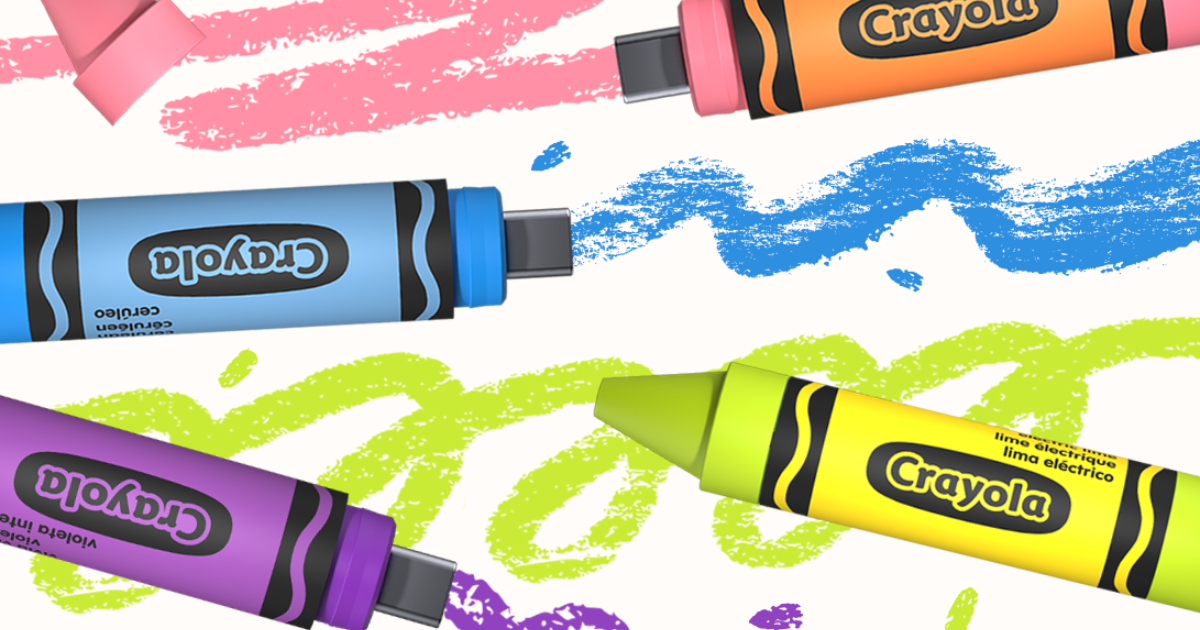Consumer Electronics Brands Reconnect with Licensing

By Mark Seavy
In an ever-more crowded market, consumer electronics (CE) brands are increasingly focused on licensing. That much was clear at the recent Pepcom Consumer Electronics Show preview in New York, where new brands shared space with time-honored IPs.
The growing number of CE brands re-launching or re-entering the market comes as many licensees opt for names better-known than their own in an effort to stand out among limited shelf space and the shrinking trend timeline.
The Philips brand, for example, was once a market share leader along with the Magnavox label that it acquired in 1974. But, by the 2000s, Philips was replaced by Korean brands like Samsung and LG Electronics, leading it to exit the CE business in 2008. That departure became a joint venture with Funai Electric (P&F USA), with Funai later serving as the sole licensee for Philips before the agreement ended last year when Funai sought bankruptcy protection.
But then Chinese TV supplier Skyworth, which launched a U.S. business in 2017 and shipped 36 million TVs in 2024, signed a licensing agreement for Philips earlier this year. As a new Philips licensee, Skyworth is moving forward with LCD TVs up to 100 inches and is focusing on technologies like mini-LED backlights (thousands of LED diodes no larger than 0.2mm that allow for deeper blacks and better contrast).
“This won’t be the old Philips TVs because the brand for some years was the lowest end TV and all about value and we want to be affordable innovation, which would be a step up,” said Anthony Fonzo, Senior Business Planning Manager at Skyworth and a former Funai and Philips executive. “The price range for TVs is very narrow, and we have to offer a step up.”
Skyworth isn’t alone in returning a TV brand to market in a bid to challenge industry leaders like Samsung, LG, and Sony. Curtis International, which licenses Thomason’s RCA brand for TVs, also signed a deal earlier this year for Philips’ Magnavox label. Chinese supplier Hisense, meanwhile, has a 40-year license for Toshiba TVs, and Panasonic has returned under its own brand of LCD and OLED TVs nine years after it left the U.S. market when its rival plasma TV technology failed to take hold.
“The licensed CE brands separate us a little in the market because, to the average consumer, our name wouldn’t necessarily mean anything,” said a spokesperson for C+A Global, which licensed the Hewlett-Packard (HP) for Sprocket photo printers and launched a film scanner in September. “With Hewlett-Packard we have a better chance of getting retail shelf space.”
The same can be said for Savant and Resideo. Both companies are well known in the customer installation and home automation businesses, but in the broader retail distribution channels, they lack the same brand recognition.
Savant signed a long-term licensing agreement for the General Electric (GE) Lighting brand several years ago and has brought it into under-cabinet lights and switches and is launching a direct-to-consumer business for it in December, all while keeping its Savant name for custom installation, said Ben Sabol, VP of Marketing at GE Lighting.
Resideo, meanwhile, has a licensing agreement with Honeywell for the Honeywell Home brand for smart thermostats as well as home security and alarm products. The company dropped “Technologies” from its corporate name in August and made a one-time $1.59-billion payment to Honeywell in exchange for ending $140 million in annual royalty payments. It also has an agreement for Newell Brands’ First Alert label for smoke, carbon monoxide, and other detectors.
This groundswell of revived CE brands is being further driven by the return of Napster. It is best known for shaking up the music industry in 1999 with its peer-to-peer file sharing model and is making a comeback following 3D technology firm Infinite Reality’s acquisition of the company for $207 million in March. Napster was the first file-sharing platform that let users trade MP3 audio long before streaming was legal and was shut down after being sued by the music industry and, specifically, the band Metallica. The reimagined version will be a more social, interactive platform built for virtual spaces and marketing in the metaverse. The plan is to develop online environments tied to music artists and their communities where fans can attend concerts, host listening parties, and buy physical and digital merchandise.
“Time will tell, but one of the things we are trying to build on is that 26 years ago Napster was an original disruptor when it came to music and we are trying to have the same kind impact,” said Brian Jasquet, a consultant and Napster spokesperson.
Also returning is flash memory and solid-state disc drive supplier SanDisk, which was spun off eight years after being acquired by hard and solid-state drive manufacturer Western Digital. SanDisk has signed licensing agreements with Crayola (flash memory drives) and the National Park Service (one terabyte memory cards). SanDisk was among the first suppliers of flash drives.




